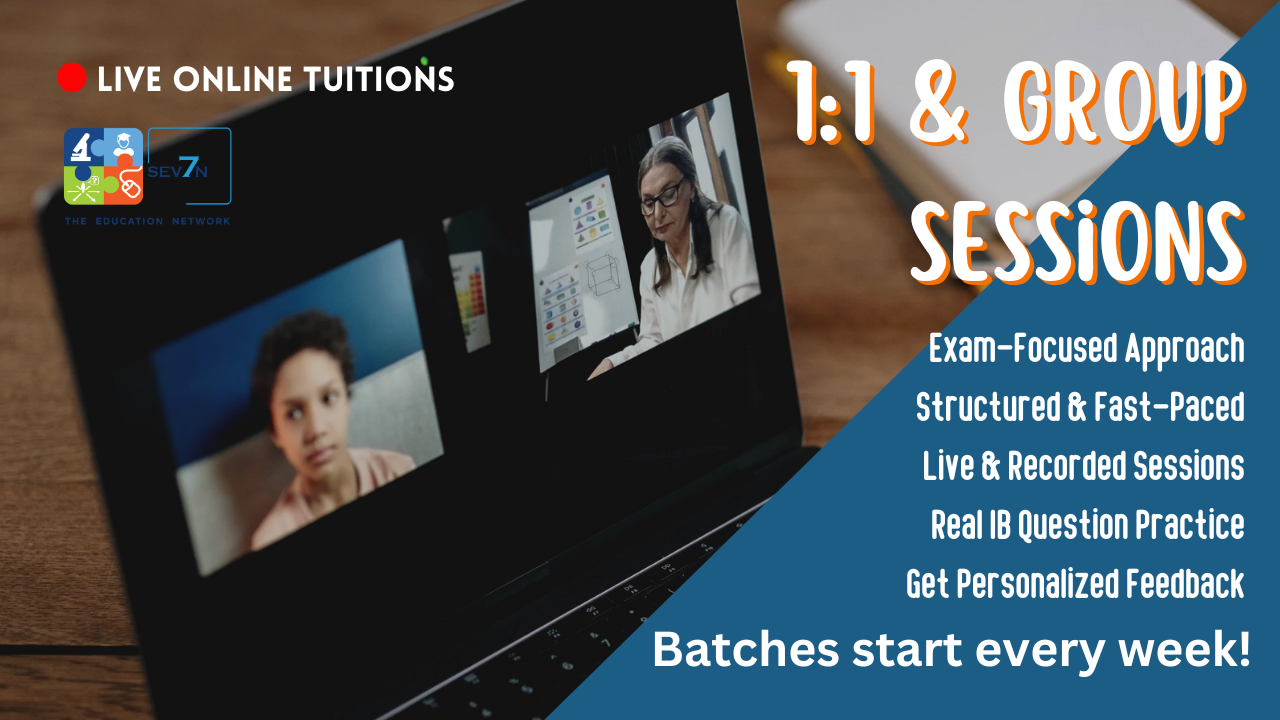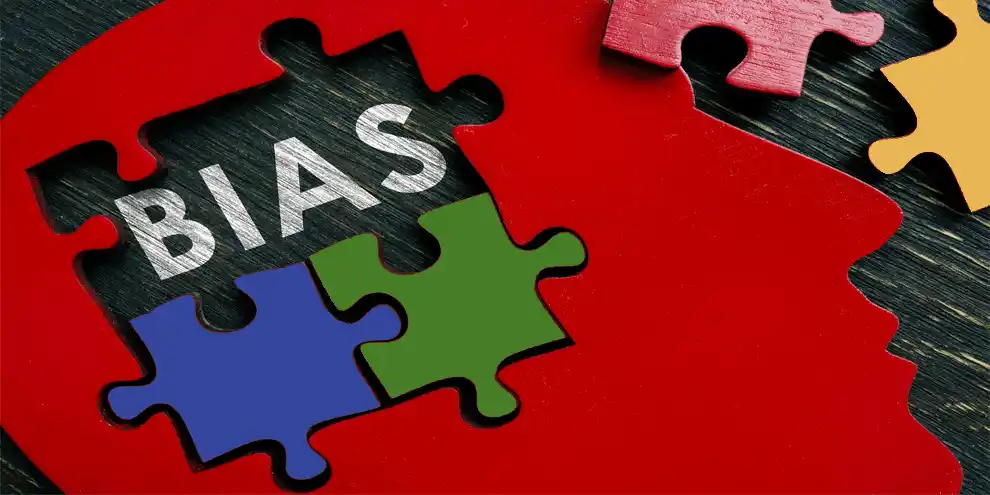The Table of Contents is designed to provide a structured and detailed roadmap for understanding bias and its impact on knowledge, while exploring foundational TOK questions like
“What is knowledge?” and
“Is all information knowledge?”. It empowers teachers and learners to critically evaluate evidence, perspectives, and the role of bias in shaping knowledge, making you confident in addressing complex concepts in the classroom by offering practical examples to contextualize discussions.

Table of Contents (2 teaching hours)
1. Introduction: The Significance of Bias in Knowledge
—Why Understanding Bias is Central to Theory of Knowledge
—Bias as a Problem of Knowledge: An Overview
2. Is All Information Knowledge?
—Defining Information vs. Knowledge
—How the Brain Processes Information: Discretion and Selectivity
—The Role of Prior Knowledge and Belief in Constructing Knowledge
3. Evidence: The Foundation of Knowledge
—What Qualifies as Evidence?
—Empirical Evidence and Its Presumed Objectivity
—Challenges in Validating Knowledge Through Evidence
To uncover the hidden influences shaping your perceptions and decisions, dive into the world of understanding bias. Explore how bias operates beneath the surface of our conscious minds, affecting our interactions, judgments, and choices. Don’t let unseen biases navigate your life’s direction.
Become TOK2022 Member

This website is a big repository of Theory of Knowledge (TOK) for the IB community. The content is comprehensive and created with detailed exploration, introspection, and critical research to make it as robust and engaging for the IB teachers, schools, and students. The content is penned down on all the TOK facets, with detailed understanding and tips on how to ace in TOK essay and TOK exhibition. Students get exposed to hundreds of real-life examples and objects, which incite their thinking bulbs. In addition, teachers get mind-boggling ideas on TOK lesson plans, TOK unit planners, TOK presentations, and 100’s of TOK classroom activities to teach TOK most creatively, being the best version of themselves!
This content is for Monthly and Annual members only.
Login Join NowStep into a world of interactive learning where TOK, ATTL, and the IB Learner Profile come alive! Subscribe now for full access to our groundbreaking resources and join a community of educators dedicated to creating a dynamic and engaging learning environment.






